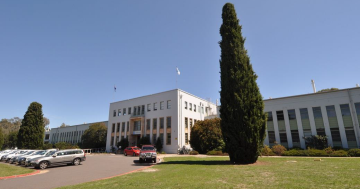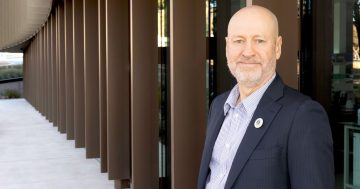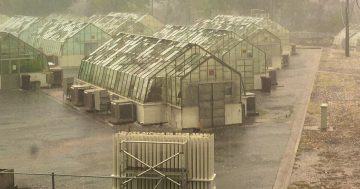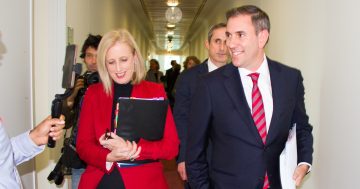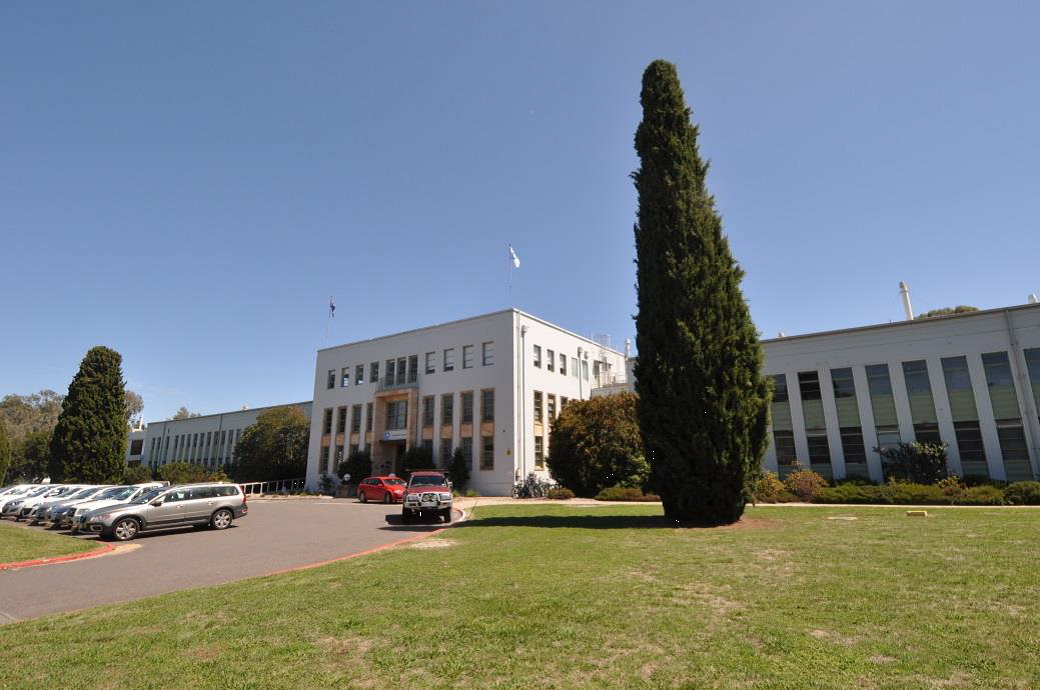
CSIRO Staff Association secretary Susan Tonks says cuts have the potential to cripple research output as scientists scramble to cover support gaps, while concerns remain for the safety of their own positions. Photo: CSIRO.
CSIRO chief executive Doug Hilton has informed staffed in an email titled ‘An update on our priorities’ that a $100 million cut to operating costs would see up to 500 support roles depart from the national science agency.
Management of the Commonwealth Scientific and Industrial Research Organisation (CSIRO) has added more roles to the tally of job losses, which CSIRO Staff Association secretary Susan Tonks said were “on track to be the worst since Tony Abbott slashed CSIRO funding in 2014”.
“Staff can’t believe that a Labor Government – with a pro-science agenda and interventionist industry policy – are set to preside over hundreds of job cuts to Australia’s top researchers,” she said.
“Science Minister [Ed] Husic needs to step in, restore funding and help stop these CSIRO cuts.”
Prior to National Science Week (10-18 August), CSIRO staff released an open letter calling for Mr Husic’s urgent intervention.
While he is yet to formally respond, a spokesperson for the Science Minister told the CSIRO Staff Association “decisions on staffing and prioritisation of resources are matters for CSIRO management, as is appropriate for any independent agency”.
Positions in Health and Biosecurity (43), Manufacturing (5), Agriculture and Food (30) have already been confirmed to go. Even more cuts are expected at Data61 (up to 120), with rumours from the CSIRO Staff Association there will be significant job losses in the Environment business unit (65).
The latest estimated cut of between 375 and 500 jobs is part of an ongoing Enterprise Service (ES) Reform process which Dr Hilton commissioned late last year.
Within his email to staff on Tuesday (20 August), Dr Hilton said management had “to reduce costs across ES by 25 per cent” (about $100 million).
Due to these “tough economic times”, he said management would need to continue its work in “reshaping CSIRO” via its three key priorities – “research portfolio, infrastructure and ES Reform”.
“Through our ES Reform, we’re working to ensure the services that support our research impact are delivered in a simple, efficient and financially sustainable way,” he said. “While these changes are essential, I fully appreciate that they are not easy.
“These changes are affecting people differently and for some they come with a personal cost. This is being felt acutely right now by our ES team members and colleagues.”
Dr Hilton said research would focus on investing “to solve the problems that matter” instead of putting “Programs on a Page”. While their last priority is developing a Research and Enabling Infrastructure Plan – to improve CSIRO’s investment decisions by understanding its portfolio is aligned to Australia’s challenges.
In spite of his team “looking for additional savings in our [CSIRO’s] operating budget, term ends where appropriate, natural staff attrition, and in some cases, through voluntary redundancy”, the chief executive warned there was no avoiding “a confronting reality”.
“We have global uncertainty, inflationary pressures, increases in the cost of living and softening of markets, coupled with a myriad of calls on public spending,” he said.
Affected enterprise services employees who are members of the CSIRO Staff Association have been asked to contact the union to arrange support and individual representation.
The announcement comes after Mr Husic opened Science Week with the release of a new National Science Statement aimed at “placing science at the forefront of our industrial transformation”.
He said the statement supported the government’s Future Made in Australia policy suite and updated the Abbott Government’s National Science Priorities from nearly 10 years ago that “were no longer fit for purpose”.
The priorities are:
- Transitioning to a net zero future
- Supporting healthy and thriving communities
- Elevating Aboriginal and Torres Strait Islanders’ knowledge systems
- Protecting and restoring Australia’s environment
- Building a secure and resilient nation.
Original Article published by James Day on Riotact.





